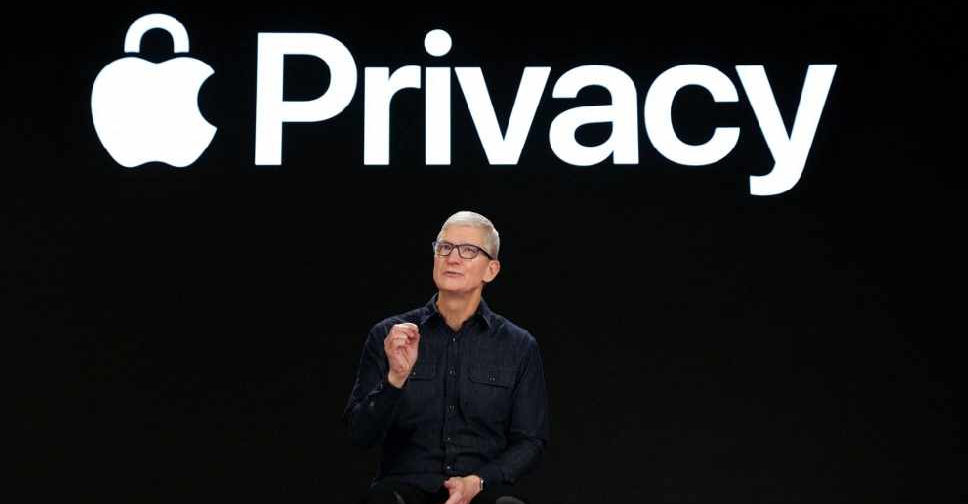
Apple Inc on Monday said a new "private relay" feature designed to obscure a user's web browsing behaviour from internet service providers and advertisers will not be available in China for regulatory reasons.
The feature was one of a number of privacy protections Apple announced at its annual software developer conference on Monday, the latest in a years-long effort by the company to cut down on the tracking of its users by advertisers and other third parties.
Apple's decision to withhold the feature in China is the latest in a string of compromises the company has made on privacy in a country that accounts for nearly 15 per cent of its revenue.
In 2018, Apple moved the digital keys used to lock Chinese users' iCloud data, allowing authorities to work through domestic courts to gain access to the information.
China's ruling Communist Party maintains a vast surveillance system to keep a close eye on how citizens use the country's heavily controlled internet. Under President Xi Jinping, the space for dissent in China has narrowed, while censorship has expanded.
Apple's "private relay" feature first sends web traffic to a server maintained by Apple, where it is stripped of a piece of information called an IP address. From there, Apple sends the traffic to a second server maintained by a third-party operator who assigns the user a temporary IP address and sends the traffic onward to its destination website.
The use of an outside party in the second hop of the relay system is intentional, Apple said, to prevent even Apple from knowing both the user's identity and what website the user is visiting.
Apple said it also will not offer "private relay" in Belarus, Colombia, Egypt, Kazakhstan, Saudi Arabia, South Africa, Turkmenistan, Uganda and the Philippines.
Apple has not yet disclosed which outside partners it will use in the system but said it plans to name them in the future. The feature likely will not become available to the public until later this year.
IP addresses can be used to track users in a variety of ways, including as a key ingredient in "fingerprinting," a practice in which advertisers string together disparate data to deduce a user's identity. Both Apple and Alphabet Inc's Google prohibit this.
Combined with Apple's previous steps, the "private relay" feature "will effectively render IP addresses useless as a fingerprinting mechanism," Charles Farina, head of innovation at digital marketing firm Adswerve, told Reuters.
It will also prevent advertisers from using IP addresses to pinpoint a person's location, he said.



 Non-oil sector drives strong UAE GDP growth
Non-oil sector drives strong UAE GDP growth
 India AI summit stumbles as Bill Gates pulls out, chaos mounts
India AI summit stumbles as Bill Gates pulls out, chaos mounts
 UAE President appoints new Federal Tax Authority chief
UAE President appoints new Federal Tax Authority chief
 Abu Dhabi Crown Prince arrives in India for AI Impact Summit
Abu Dhabi Crown Prince arrives in India for AI Impact Summit
 Uber expands into 7 new European markets in food-delivery push, FT reports
Uber expands into 7 new European markets in food-delivery push, FT reports



